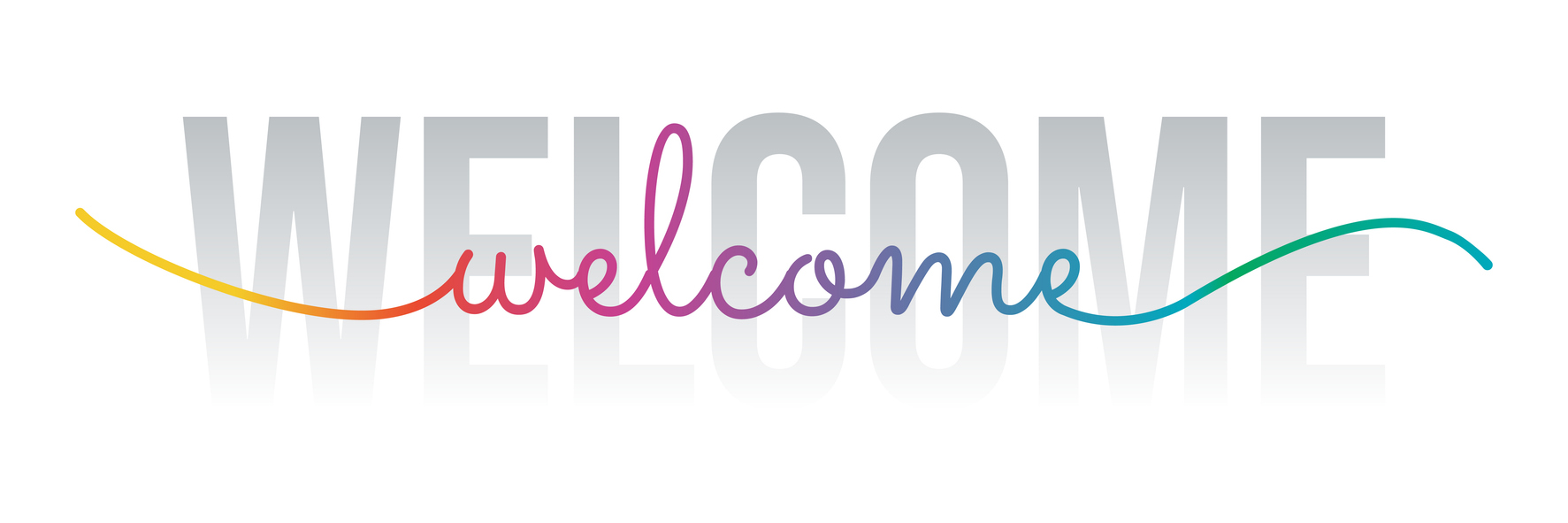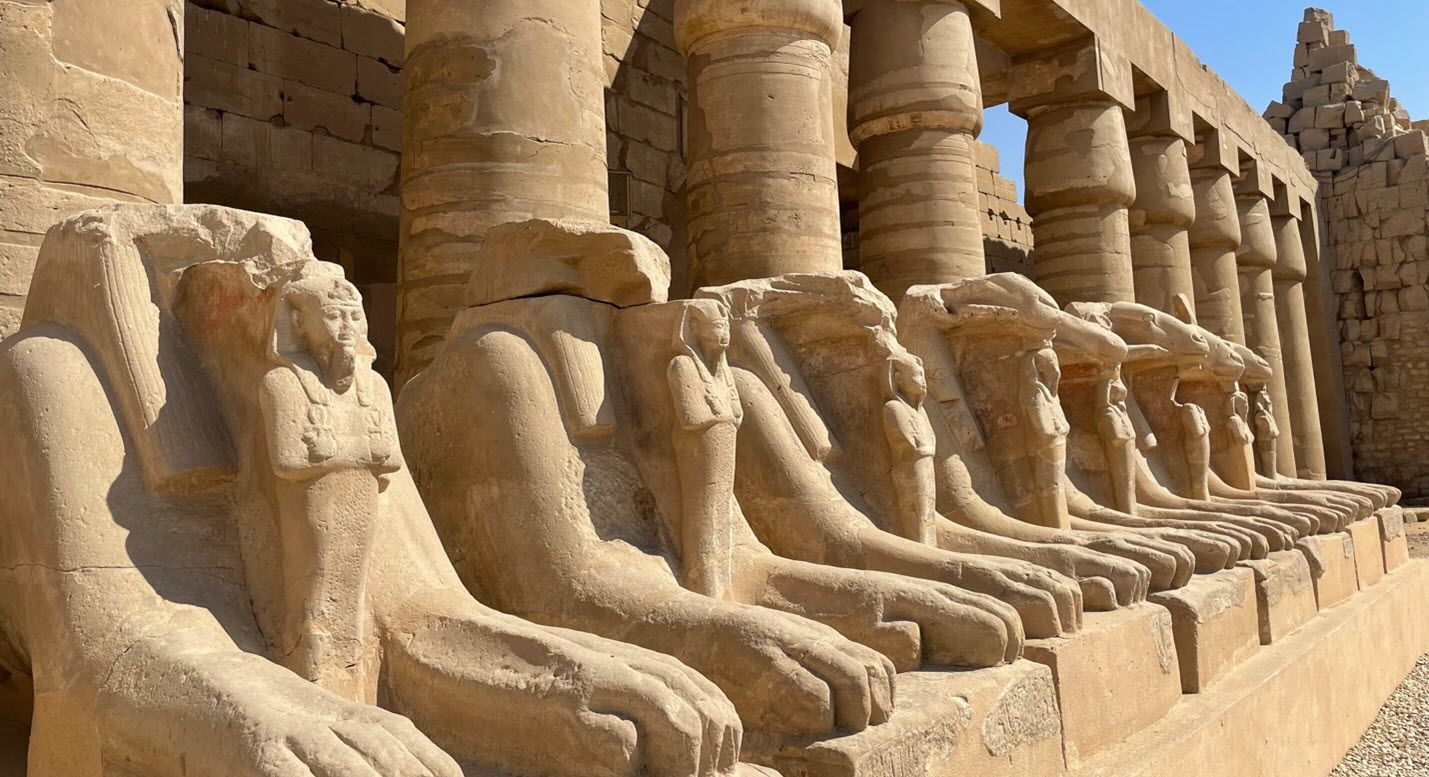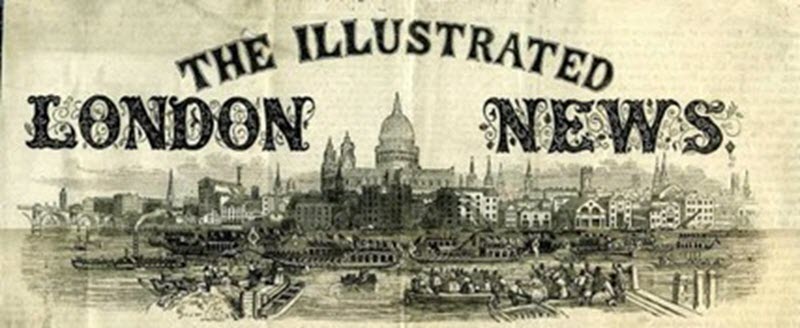Introducing Faith Forrest: Fall 2024 Intern
|Interview by Carly Ziegler, Marketing Manager at Gale | We are thrilled to welcome Faith Forrest, our dynamic and talented Fall 2024 intern. Faith joins us with a passion for creativity and a drive for excellence, bringing fresh perspectives and innovative ideas to our team. This season, Faith will be diving into a research project … Read more










